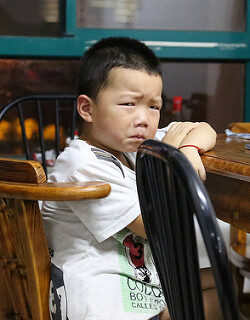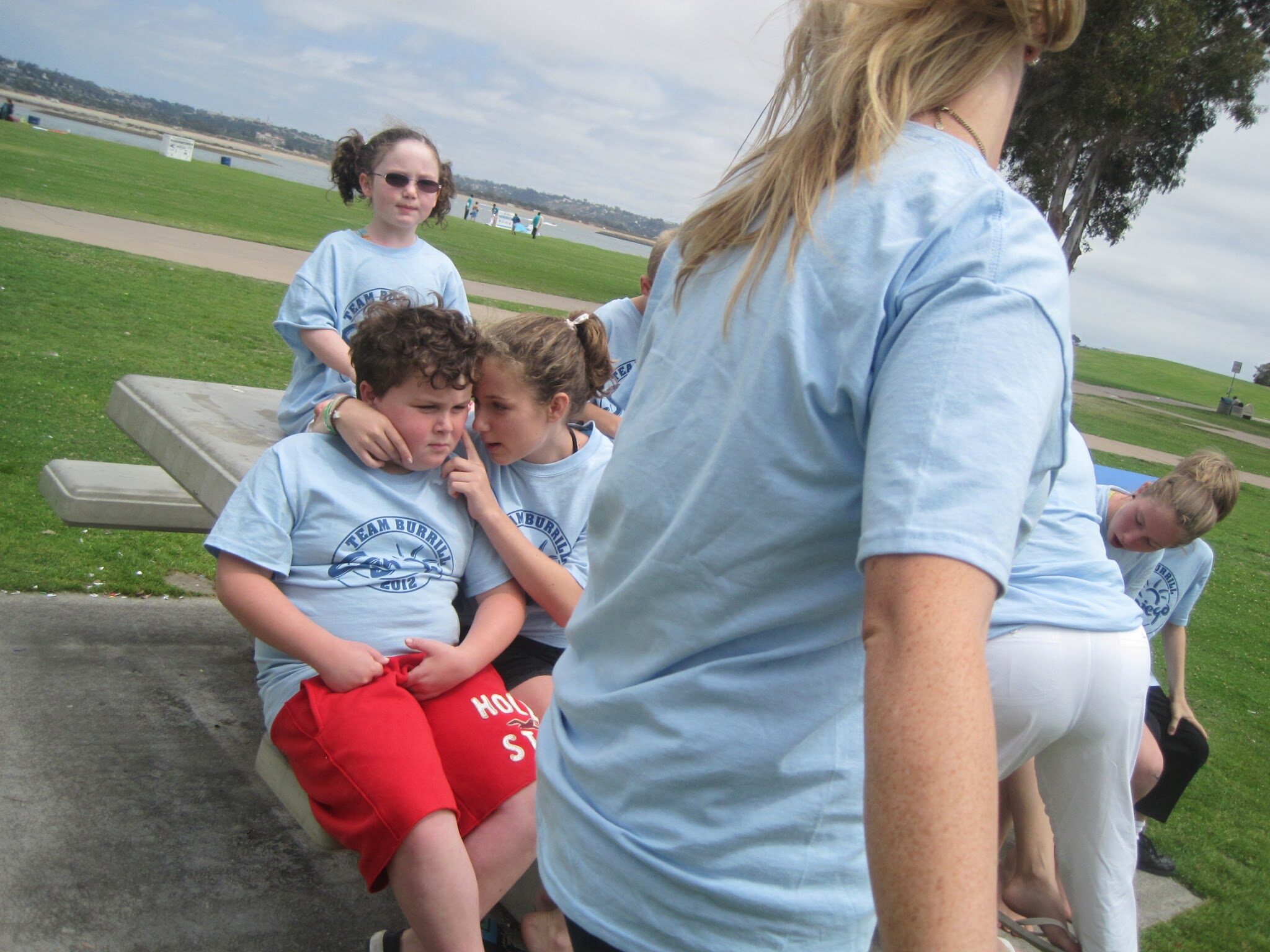San Francisco Bay Area Locals: Please come to a free workshop at Support for Families of Children With Disabilities, in San Francisco, on Saturday, January 9th. When Autistic Children Are Aggressive or Self-Injurious: Best Support Practices Photo © Akuiliu, on Flickr [Image: Upset-looking East Asian child] Why do some autistic children and teens become self-injurious or aggressive? How can parents and caregivers help the kids in their care get through meltdowns safely, protect the kids themselves as well as family members, and anticipate and avoid future incidents? Come hear from parents, professionals, and autistic people themselves about best practices for understanding and supporting autistic people during these kinds of crises. There will be a Q&A after the presentations. Speakers include: Dr. Clarissa Kripke from UCSF, talking about overlooked medical and health triggers, as well as meltdown support strategies. Brent White and Lindsey Anderson from Berkeley’s Ala Costa Adult Transition Program,…
Tag: aggression
NAS Professional Conference 14: Dr. Stephen Tyler Storify by Shannon Rosa Wed, Mar 05 2014 21:04:31 Edit NAS Professional Conference 14: Dr. Stephen Tyler A compilation of live tweets from Dr. Tyler’s presentation Severe Challenging Behaviour: Impact, Perceptions and Support at the National Autistic Society’s Professional Conference 2014 in Harrogate, UK. Any errors or omissions are my own. – Shannon Rosa@shannonrosa Listening to Dr. Stephen Tyler on Severe Challenging Behaviour: Impact, Perceptions & Support. #NASprof14 #autism Tue, Mar 04 2014 16:19:27 ReplyRetweetFavorite Shannon Rosa@shannonrosa Stages of ignorance include: Innocence, where you’re sure you can learn. #NASprof14 Tue, Mar 04 2014 16:20:41 ReplyRetweetFavorite Shannon Rosa@shannonrosa The final stage of ignorance: You know you don’t know, other people know you don’t know, & that’s OK. #NASprof14 #autism Tue, Mar 04 2014 16:22:36 ReplyRetweetFavorite Shannon Rosa@shannonrosa “Challenging” behaviors often happen when #autistic people are caught by surprise. #NASprof14 Tue, Mar 04 2014 16:26:09…
Tony and Mary Brandenburg theebrandenburgs.blogspot.com Taking a shower feels like needles stabbing my head! The sound of that fan is making my ears hurt. I feel like I’m suffocating when you hug me. Image source: TVTropes.com Maurice Sendak, who wrote and illustrated Where the Wild Things Are, was amazingly astute in his observation of children for a person who had none of his own. During his acceptance speech for the Caldecott Medal in 1964 Sendak stated that: “… from their earliest years children live on familiar terms with disrupting emotions, fear and anxiety are an intrinsic part of their everyday lives, they continually cope with frustrations as best they can. And it is through fantasy that children achieve catharsis. It is the best means they have for taming Wild Things.” When an outsider is simply observing a child’s public behavior — especially the challenging ones — it may be difficult…
Shannon Des Roches Rosa www.Squidalicious.com www.ThinkingAutismGuide.com Update: I now know there is such a thing as competing access needs, and that this article is not entirely fair to Leo’s siblings. Please see our 2018 article Understanding Competing Accessibility Needs for more context. -SR Photo © Shannon Des Roches Rosa [image: Young white teen girl whispering into her brother’s ear. They are seated on a picnic table in a park, surrounded by family reunion attendees all wearing light blue t-shirts.] Thirteen-year-old Iz is a wonderful big sister to Leo, who is just 21 months her junior. This photo is of the two of them at a family reunion earlier this month; she’s letting Leo know that the group photos won’t take that long, explaining that if he can just sit for one more minute, then he can go back to the playground, and that he’s being particularly awesome and patient (which…


